Open to the public from September 22-28 simultaneously in both Hanoi and Ho Chi Minh City, the 2023 European-Vietnamese Film Festival focuses on sustainable development issues such as climate change, environmental pollution, how to protect and live in peace with nature...
The film festival is organized by EUNIC (European Union of Cultural Institutes and Embassies) in collaboration with the Central Documentary and Scientific Film Studio (Ministry of Culture, Sports and Tourism). A total of 19 works were screened, including 7 international films and 12 Vietnamese films revolving around a theme of sustainable development.
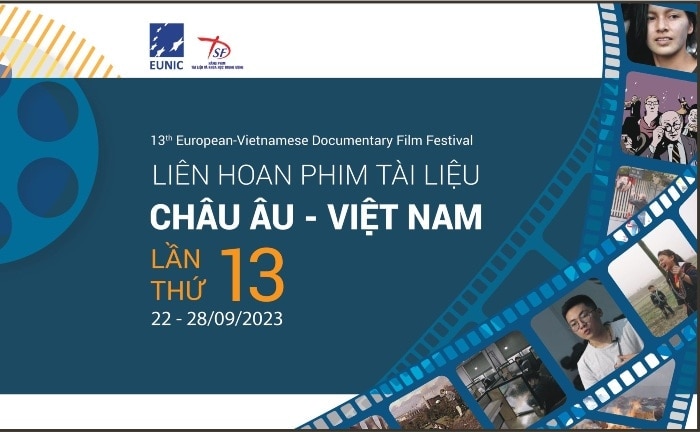
13th European - Vietnamese Documentary Film Festival.
The film “The Road to the Wild” by director Dang Thi Linh tells the story of the 30-year journey of bears, from being hunted in the forest, imprisoned and tortured in farms, to being rescued at the Vietnam Bear Rescue Center. Through this, it conveys to viewers the awareness of respecting the right to life of bears in particular and wild animals in general, contributing to protecting the Earth’s vulnerable ecosystem.
The film "White Pollution" by director Duong Van Huy talks about the current situation of waste in Vietnam. The film reflects the habit of using nylon bags and disposable plastic products of people, unintentionally creating a danger to the environment and quality of life. Besides that, Efforts of the government , authorities at all levels, and businesses with the determination to turn Vietnam into a "green" country.
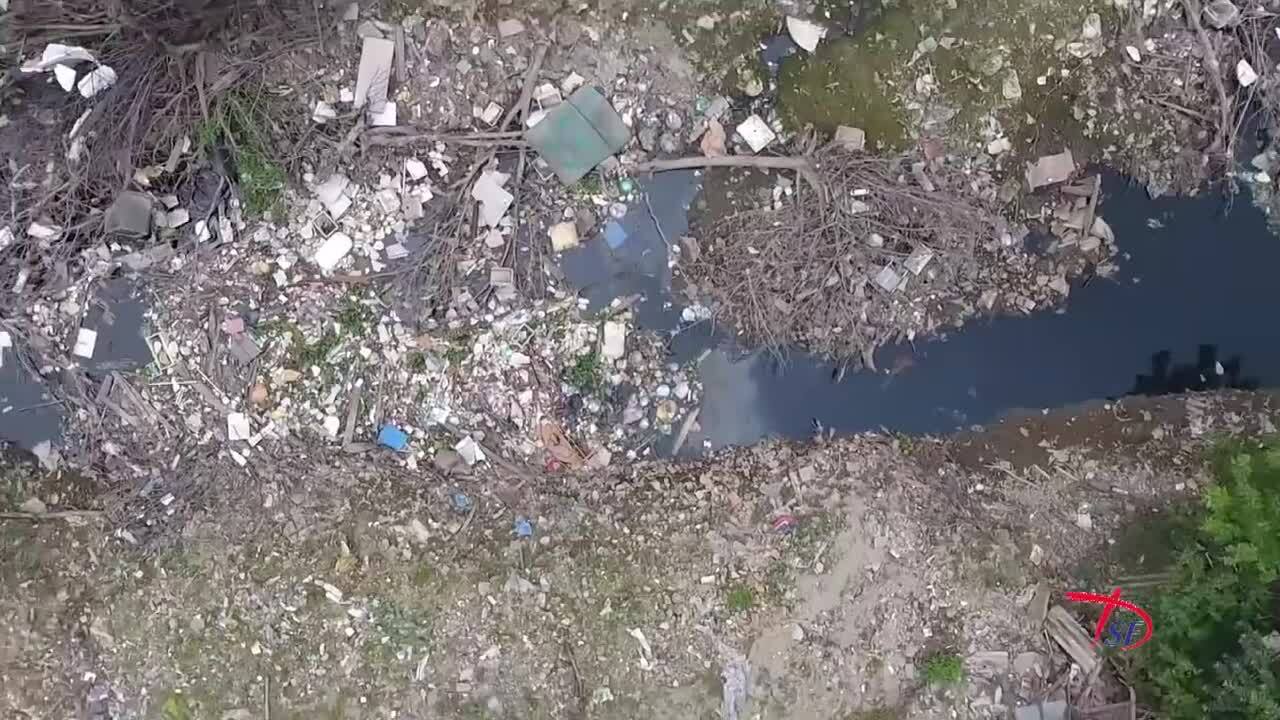
A scene from the movie "White Pollution" by director Duong Van Huy.
Seven films from countries in the European Union all revolve around a theme of sustainable development with the films: Vesuvio or how they learned to live among volcanoes (Italy), Living Witness: A story about climate (UK), Where does garbage go (Austria)...
The film “Where Does Trash Go?” by Austrian director Nikolaus Geyrhalter talks about the waste that humans create all around us, all the time. The director takes viewers on a journey through the vast amounts of waste that are all over the planet. From the mountaintops of Switzerland to the coasts of Greece and Albania, to an incinerator in Austria, then Nepal and the Maldives, and finally the Nevada desert. Humans have always tried to control that enormous amount of waste, but collecting, crushing, burning, burying… are just endless tasks that solve the surface of the problem.
“Living Witness: A Climate Story” by British director Emily Munro is an archival documentary that explores the causes of the post-war climate crisis. The film answers questions about climate, as well as discusses the causes of the climate crisis in historical times. It is also a documentary that includes materials from the Scottish National Archives, depicting the country with a special soundtrack that conveys the past in a new and most influential way.
According to British Council Vietnam Director Donna McGowan, Vietnam is a country vulnerable to climate change issues. By watching the film, audiences will better understand the issues the country is facing, thereby raising their voices to protect the environment towards the goal of living in peace with nature.
“The film festival is a very important event because 2023 marks the 50th anniversary of diplomatic relations between Vietnam and the UK; and also the 30th anniversary of the British Council’s presence in Vietnam. On this occasion, the British Council also has a special climate program, including a series of cultural, educational and English language events held until December,” Ms. Donna McGowan added.
In Hanoi, the films are screened at the Central Documentary and Scientific Film Studio (465 Hoang Hoa Tham, Ba Dinh). In Ho Chi Minh City, the films are screened at DCINE Ben Thanh (6 Mac Dinh Chi, District 1). The cinema is free to the public.
Mr. Trinh Quang Tung, Deputy General Director in charge of the Central Documentary and Scientific Film Studio, said that at each screening, the audience will enjoy 1 Vietnamese documentary and 1 foreign film.
Through films, audiences not only understand more about climate issues and environmental protection, but also have the opportunity to learn about Vietnamese culture, people, and society, better understand the society we live in and the relationships between people.
Mai Anh


![[Photo] Emotional and proud flag-raising ceremony and military review on Truong Sa island](https://vphoto.vietnam.vn/thumb/1200x675/vietnam/resource/IMAGE/2025/5/31/9b52525fce6f433083cd0a5bfee59f49)
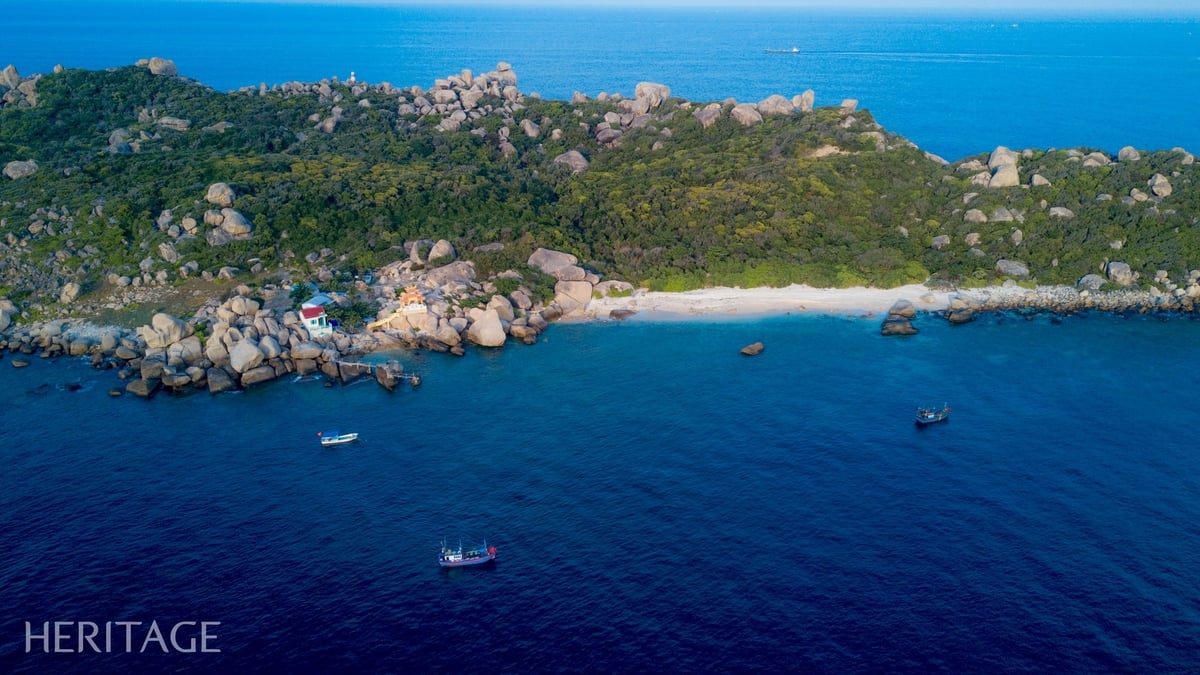
![[Photo] Prime Minister Pham Minh Chinh chairs a Dialogue with businesses and business associations](https://vphoto.vietnam.vn/thumb/1200x675/vietnam/resource/IMAGE/2025/5/31/b606d6f6ff584fa28af9f353c91bf15d)


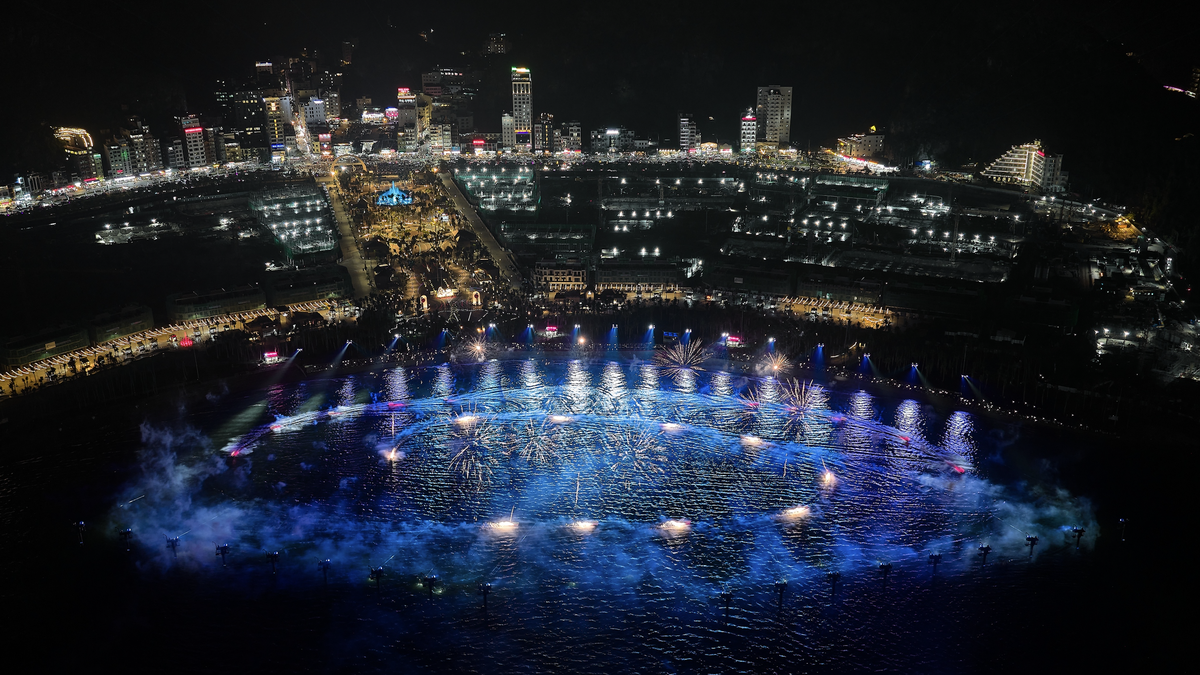
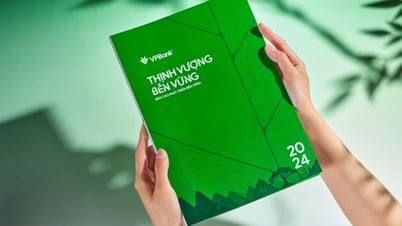

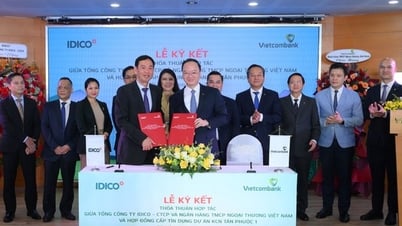



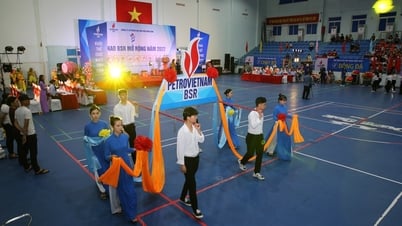

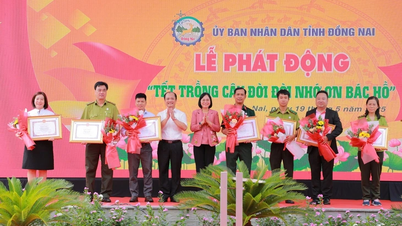

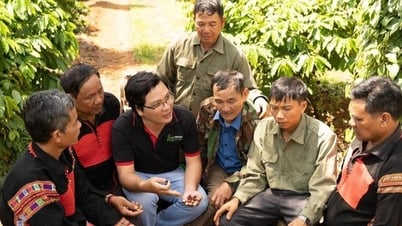






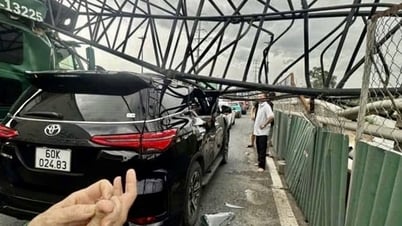

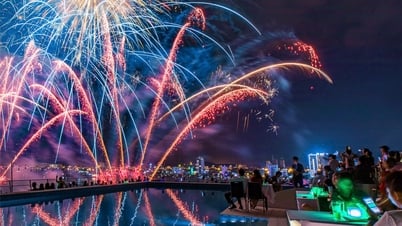






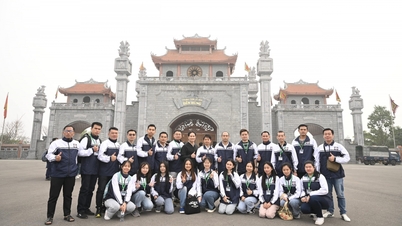
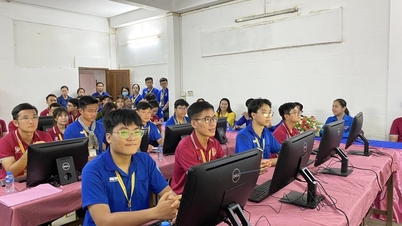

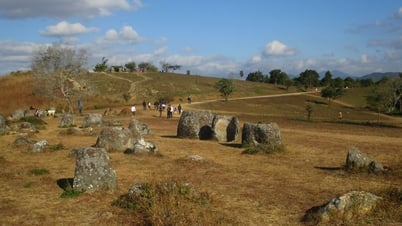
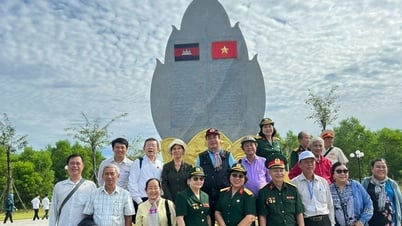
![[Photo] Prime Minister Pham Minh Chinh attends the opening ceremony of the National Law Portal](https://vphoto.vietnam.vn/thumb/1200x675/vietnam/resource/IMAGE/2025/5/31/f02ed6288a4340bdb4adf1b2149b9614)
![[Photo] Launching ceremony and drawing of pairs for the "9th TIM CUP Highland Charity Football Tournament"](https://vphoto.vietnam.vn/thumb/1200x675/vietnam/resource/IMAGE/2025/5/31/a4c145af5d1e48c5b48c95116d41a73c)
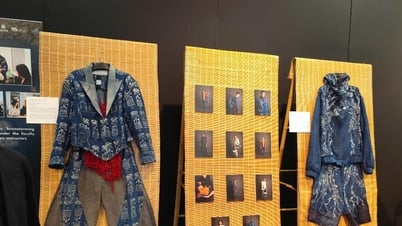



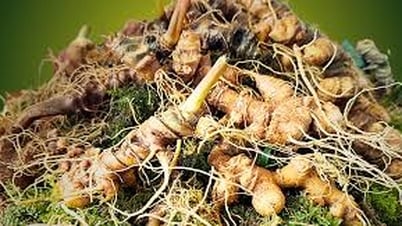













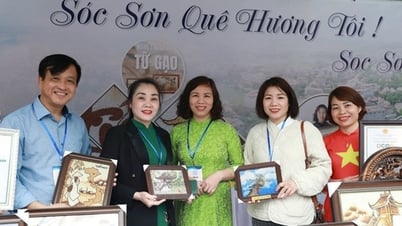











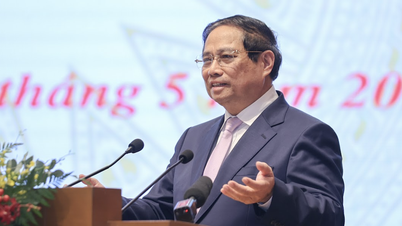
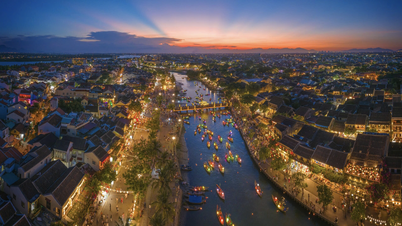



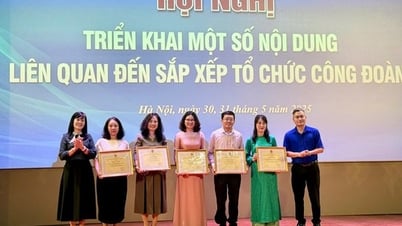
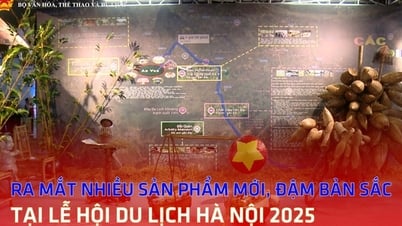

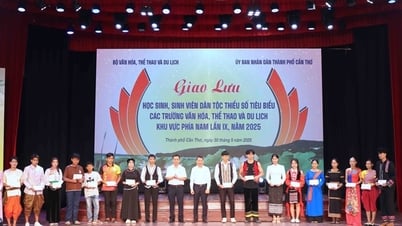
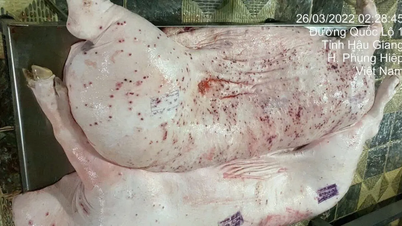




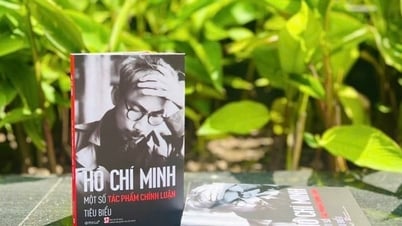
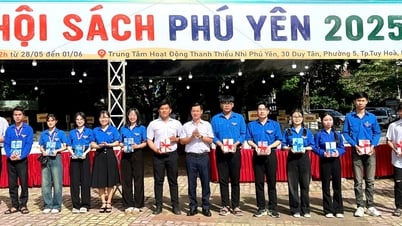

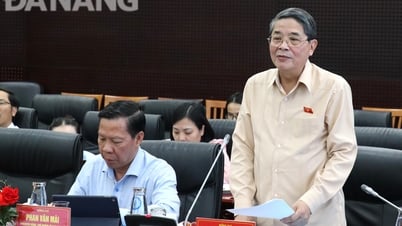









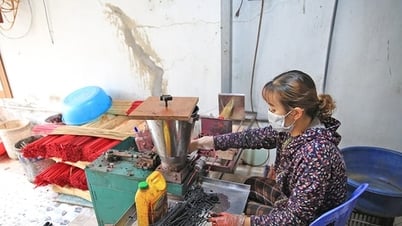
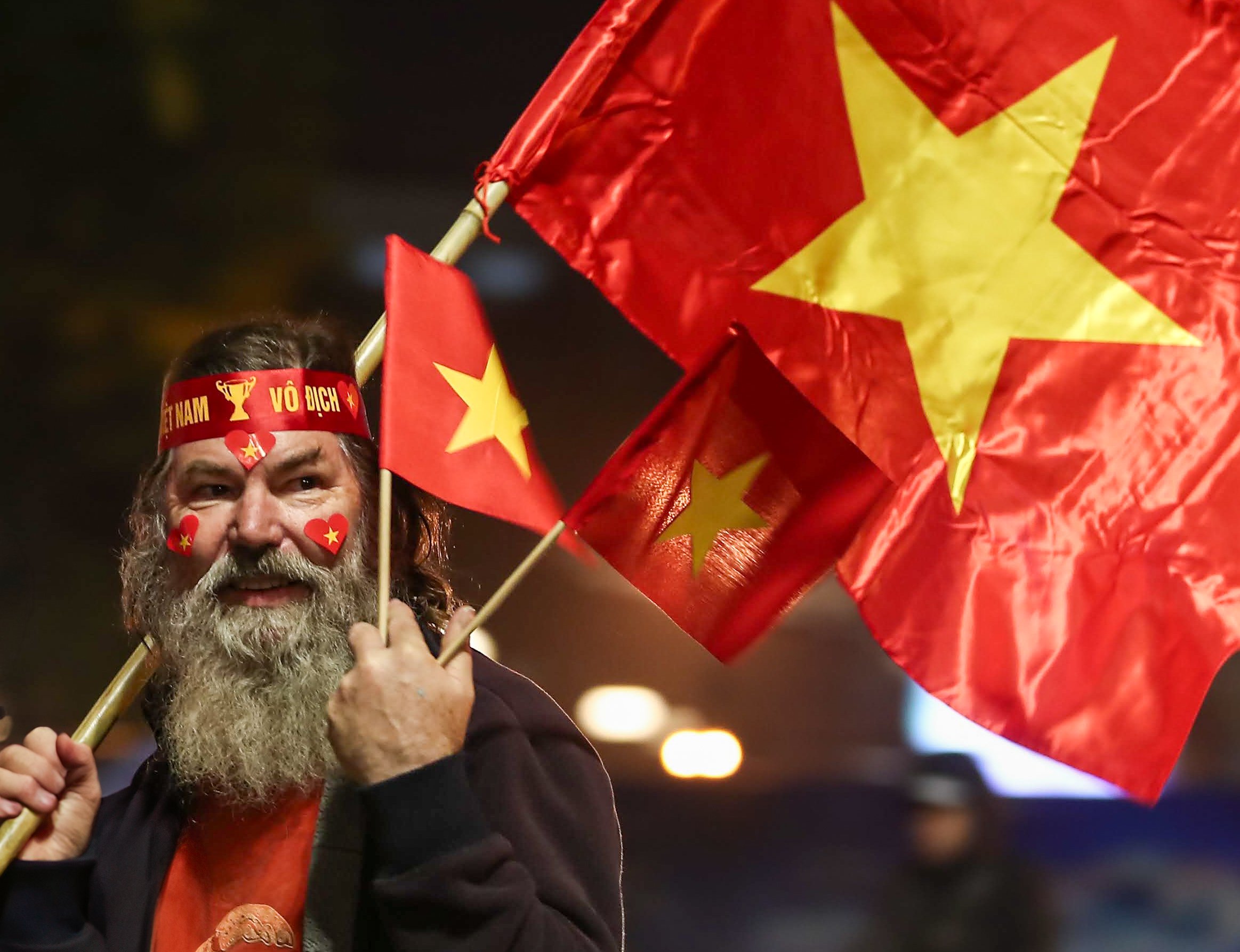



Comment (0)